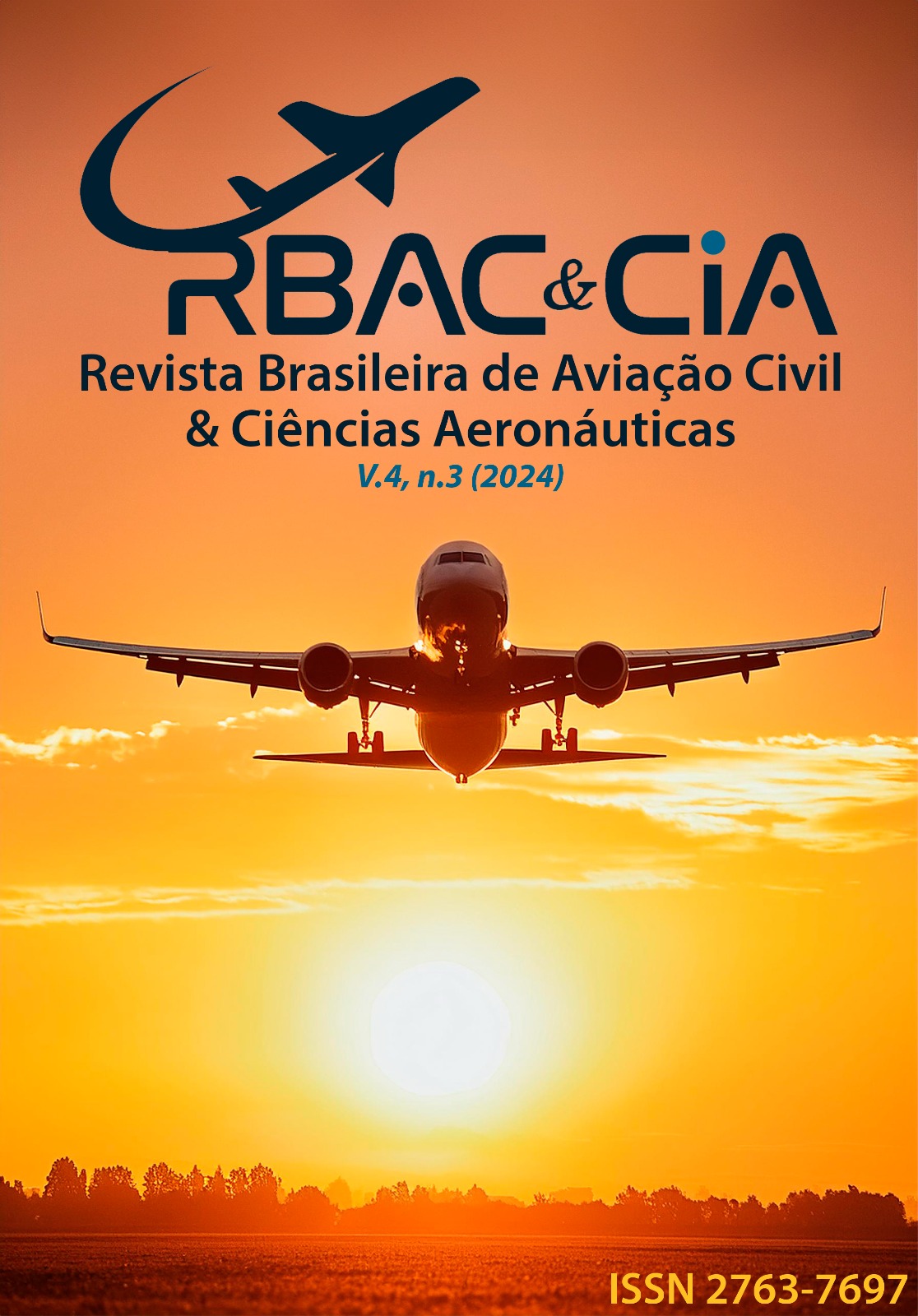OS PILOTOS DE TRIPULAÇÃO MÚLTIPLA: INOVAÇÃO PARA FORMAÇÃO POR COMPETÊNCIA
Conteúdo do artigo principal
Resumo
Este estudo aborda conceitos e vantagens da formação de pilotos para tripulação múltipla (MPL), baseada em competência, delineando os aspectos dessa formação e a qualificação para a função de 1º oficial (copiloto) em aeronaves de grande porte. A MPL visa atender, em especial, uma falha no contexto aeronáutico consistente na escassez de mão de obra qualificada de pilotos. O debate emergiu no início dos anos 2000 e se consolidou em 2006, a partir da aprovação de uma proposta da International Civil Aviation Organization (ICAO), que culminou com a implementação da MPL. O estudo, de abordagem qualitativa e quantitativa e natureza básica, lança mão de procedimentos bibliográficos e documentais, utilizando-se de fontes como Google Acadêmico, SciELO, além de publicações da ANAC e da ICAO. Com a alternativa da licença MPL, almeja que os alunos pilotos em formação estejam sendo preparados dentro da nova filosofia, mantendo o bom nível de proficiência como operadores de sistemas e hábeis gestores de voo, acompanhando, assim, o avanço tecnológico e as exigências da indústria do transporte aéreo. Apesar dos questionamentos acerca deste modelo de formação, ele vem se consolidando cada vez mais, uma vez que o cenário atual evidencia uma aviação tecnológica que tende a recepcionar o fator humano baseado na competência, alicerce da MPL.
ABSTRACT
This study addresses concepts and advantages of competency-based multiple crew pilot training (MPL), outlining aspects of this training and qualification for the role of 1st officer (copilot) on large aircraft. The MPL aims to address, in particular, a flaw in the aeronautical context consisting of a shortage of qualified pilot labor. The debate emerged in the early 2000s and was consolidated in 2006, following the approval of a proposal from the International Civil Aviation Organization (ICAO), which culminated in the implementation of the MPL. The study, with a qualitative and quantitative approach and basic nature, uses bibliographic and documentary procedures, using sources such as Google Scholar, SciELO, as well as publications from ANAC and ICAO. With the alternative of the MPL license, the aim is for student pilots in training to be prepared within the new philosophy, maintaining a good level of proficiency as systems operators and skilled flight managers, thus keeping up with technological advances and industry demands. of air transport. Despite the questions surrounding this training model, it has been increasingly consolidating, since the current scenario highlights a technological aviation that tends to embrace the human factor based on competence, the foundation of MPL.
Downloads
Detalhes do artigo

Este trabalho está licenciado sob uma licença Creative Commons Attribution 4.0 International License.
